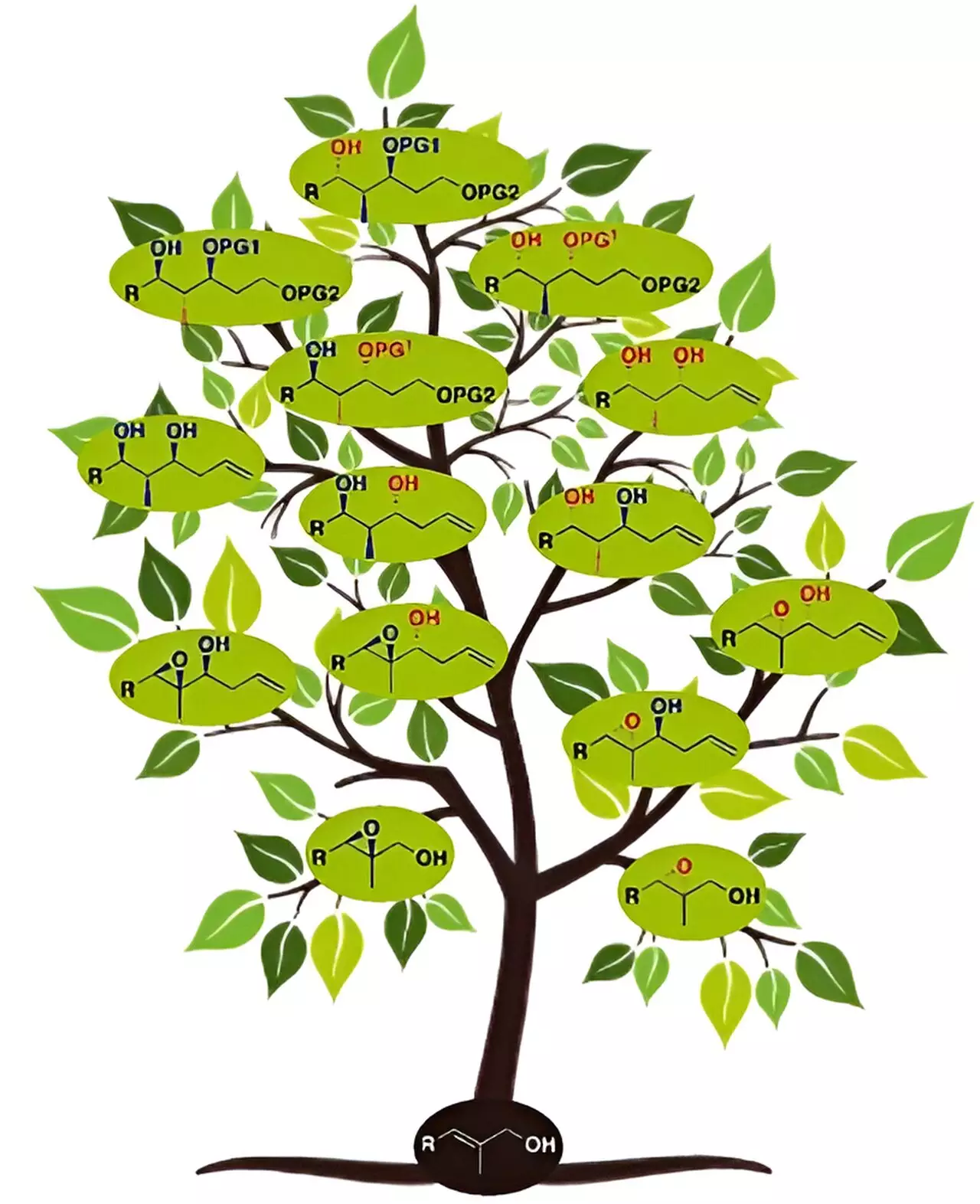The role of chiral compounds in drug development cannot be understated. These compounds exist in two mirror-image variants, also known as enantiomers, which can have vastly different properties and effects. Professor Andreas Gansäuer from the University of Bonn highlights the importance of chirality in the development of drugs, citing examples like carvone, where the right-handed form smells of caraway while the left-handed form gives peppermint its aroma.
In the realm of drug manufacturing, achieving a high degree of selectivity and purity in natural substances is crucial. Polypropionates, which are essential for creating reserve antibiotics to combat drug-resistant bacteria, need to be produced in specific mirror-image variants to be effective. However, the process of synthesizing polypropionate building blocks has traditionally been complex and time-consuming.
Professor Gansäuer and his team at the University of Bonn have developed a revolutionary method that allows for the production of all eight possible variants of polypropionate building blocks from a single starting material. By utilizing known methods along with a new technique called hydrosilylation, the researchers were able to streamline the production process. This new method eliminates the need for costly precious metals as catalysts and operates at room temperature, making it more sustainable and efficient.
Implications for Drug Synthesis and Development
The implications of this breakthrough are far-reaching, particularly in the field of drug synthesis and development. With the ability to produce all eight variants of polypropionate building blocks, researchers now have a versatile foundation for synthesizing various drugs. This newfound flexibility allows for easier screening of different isomers to identify the most effective compounds for drug development. By expanding the range of possible substances that can be synthesized, this breakthrough opens up new possibilities for creating more potent and targeted medications.
The groundbreaking work conducted by Professor Gansäuer and his team represents a significant advancement in the field of drug synthesis. By simplifying the process of producing polypropionate building blocks and offering a more sustainable and efficient method, this research paves the way for the development of new and improved drugs. The ability to generate all eight variants of polypropionates from a single starting material demonstrates the power of innovative thinking in advancing pharmaceutical research.



Leave a Reply